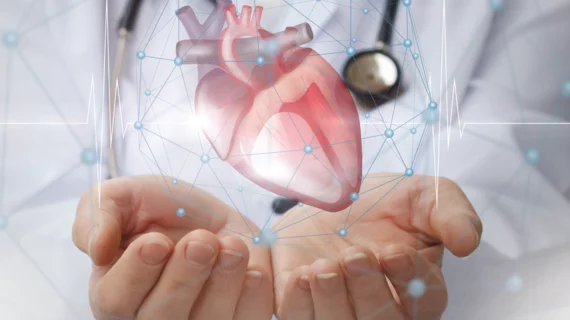Cardiologist makes history, performs first cardioneural ablation in US
A cardiologist at the University of Chicago Medicine has performed the first cardioneural ablation in U.S. history, using it to “rewire” the heart of a patient suffering from vasovagal syncope. The patient had tried numerous treatments for the condition, which caused her to faint frequently, but nothing did the trick. Enter Roderick Tung, MD, an expert in cardiac electrophysiology and the treatment of heart rhythm disorders.
“We are rewiring the heart to get rid of the excessive autonomic tone that slows heart rhythms and slows blood pressure, culminating in simple fainting,” Tung said in a news release. “There is a yin and yang of autonomic tone in the heart, and too much of the slowing that counterbalances adrenaline responses leads to simple faints. To date, there are no established therapies for this frustrating condition, except behavioral modification.”
Tung successfully performed the procedure more than 18 months ago, as detailed in JACC: Case Reports. While cardioneural ablation procedures had previously been performed outside of the U.S., this was the first in the country’s history.
The patient has not fainted once since the procedure occurred, even when asked to undergo a tilt-table test. Before the cardioneural ablation, a tilt-table test had caused her to faint.
In the news release, Tung noted that he had been following this procedure in various international publications. In addition, he said, his tea is hoping to research the potential for cardioneural ablation much more in the future.
“We want to make sure this procedure is safe and feasible, and we definitely do not recommend this for everyone who has had recurrent faints,” he said. “It is a very specific physiologic response that we are looking for, but we are quite encouraged with this result. It may signal a paradigm shift in the way we think about rewiring the balance of nerves that regulate the heart.”

